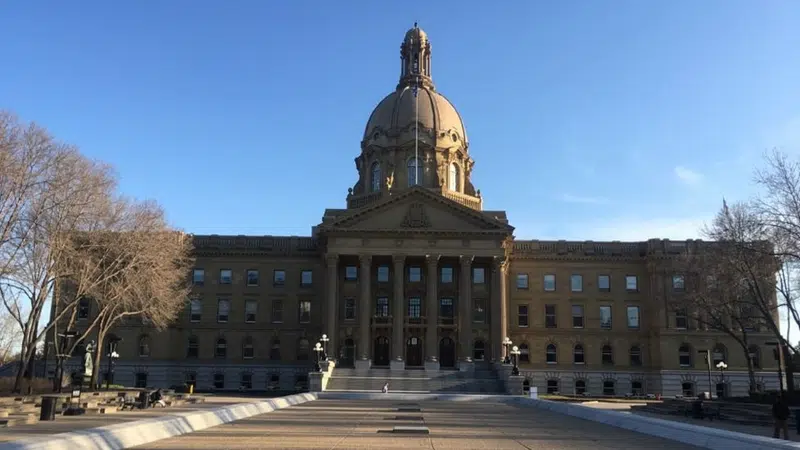
Reaction pours in on Alberta Budget
EDMONTON — Here’s what various stakeholders are saying in response to the 2019 Alberta Budget that was presented on Thursday.
Canadian Federation of Independent Business (CFIB)
“Today’s budget delivers tough, but much needed medicine. Our province faces an incredibly difficult fiscal situation that was created by years of unsustainable government spending. Thankfully, the new government has accepted it cannot spend in such a reckless manner,” says Richard Truscott, Vice-President, Alberta and BC.
“Not only has the government had an enduring overspending problem, it has also had a big budgeting problem. Time after time, our political leaders simply could not restrain themselves from spending whatever revenue was coming in, and then some.”


